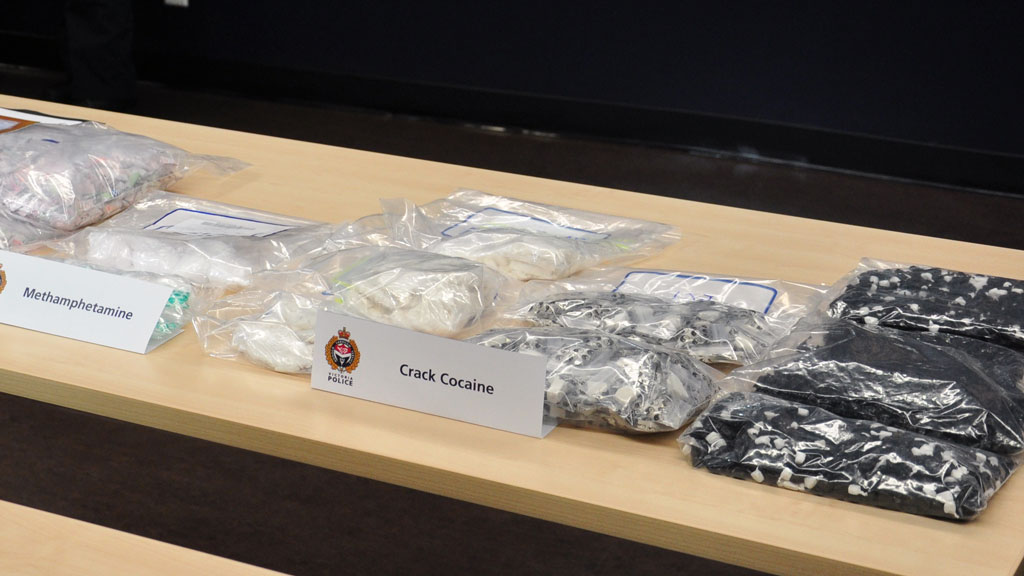The Vancouver Island Construction Association (VICA) is looking to engage workers and employers directly for its new opioid harm reduction project.
The fact-finding mission will help them craft a toolkit to combat addiction and deadly overdoses.
Rory Kulmala, CEO of VICA, said the association began efforts to address the opioid crisis several years ago with awareness and education resources when the deadly crisis started to ramp up.
“We recognize that the demographic layers impacted by opioids are our demographics as well,” said Kulmala.
Earlier this year the group was approached by Island Health to help create opioid resources aimed at blue collar workers, including construction workers. Kulmala said Island Health had seen the effort and interest VICA had already demonstrated around the issue. They came to an accord and funding was provided to develop the Tailgate Toolkit.
“We start our days often at safety meetings around the tailgate of a truck,” said Kulmala. “We wanted to use our industry dialogue. Our goal is to tear down the stigma attached to addictions. People are struggling privately. They do their job during the day but fall apart at night. We want people to know that help is available.”
The first phase of the project is about gathering data from employers and workers about what their experiences are around opiate addiction and what sort of tools would help them.
“With employers, we want to have roundtable discussions to get a sense of what is needed from an employer point of view and how they can be supportive,” said Kulmala. “The problem is there are a lot of resources available, but they are not being picked up.”
VICA is looking for anyone working as a supervisor, manager, company owner, union representative or educator in construction who would be willing to participate in a two-hour focus group to discuss the impact of the toxic drug crisis on the construction industry.
The group is also looking for anyone who uses, or has used drugs, and works, or has worked, in construction for at least a year since 2015 and would be willing to participate in a completely confidential interview with a public health professional to discuss their experiences of substance use and working in construction.
“It’s one thing for me to sit here and tell that person what I think is best for them,” said Kulmala. “It’s a much better opportunity to talk with them and learn why they don’t use some of the resources, what sort of things they want access to and don’t know how to get. This allows us to create a toolkit that they can use.”
The second phase of the project will start after the first phase wraps up in April.
VICA is targeting July or August to begin rolling some pilot versions of the toolkit out and then review its effectiveness in November.
“We want this to be built off first-hand experience and tailored to our industry,” said Kulmala.
On the heels of the toolkit’s development came a grim reminder of how bad the crisis is becoming.
B.C. announced that 155 people died from suspected drug overdoses in February – the most ever for that month.
According to an analysis of 382 workers who died from drug overdose deaths by the BC Coroner’s Services, 55 per cent worked in trades or transport.
A report released by the Fraser Health Authority stated the majority of males who were admitted to the hospital following a serious non-fatal overdose worked in the trades.
Kulmala said it isn’t clear why these workers are impacted at a higher rate, but said any amount of overdose death in the construction workforce is significant and should be addressed.
Anyone looking to participate in the project or support it can visit: https://www.vicabc.ca/advocacy/tailgate-toolkit-project/
Follow the author on Twitter @RussellReports.






Recent Comments
comments for this post are closed